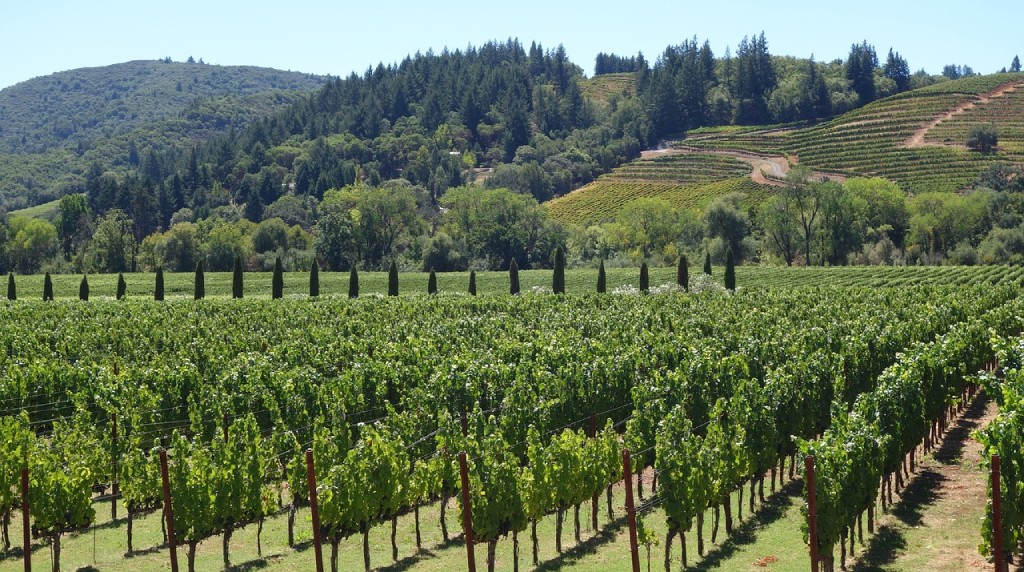California Sues DOI Over Koi Nation Casino in Wine Country
Gavin Newsom and the State of California take on the Department of the Interior over the casino.
Key Facts:
- The Koi Nation has been attempting to have land taken into trust in Sonoma County.
- This has been disputed by the Graton Ranchera tribes who claim it as their ancestral home.
- The Department of Interior approved the casino in early January of this year.
- This would be the third tribal casino in Sonoma County, California’s wine country.
The State of California and Governor Newsome joined a laundry list of plaintiffs in a suit against the Department of the Interior for allowing the Koi Nation to take land into trust more than 60 miles from their actual ancestral homeland, in order to build a casino in a more lucrative area.
The Graton Rancheria is actually composed of two tribes, the Coast Miwok and Southern Pomo. Their ancestors lived in the area when Sir Francis Drake passed through as early as 1595 and were in continual occupation over the next few hundred years, as documented by Russian and Spanish traders and travelers.
The Koi tribe, however, lived in the Clear Lake region with the Southeastern Pomo tribes up until the massacres of some tribal communities by US cavalry in 1850.
Only in the last 100 years or so has there been significant Koi tribal residence in the area of Sonoma where they have fought for the past 5 years to be granted land in trust and to build a massive casino with more than 2500 slots, 105 tables and 200 hotel rooms on a 68 acre site just outside of but adjoining the town of Windsor California.
The tribe is accused of “Reservation Shopping” by the Graton Rancheria, Lytton Rancheria, Dry Creek Rancheria, and Cloverdale Rancheria. All of these rancherias filed a lawsuit against the DOI in February of this year, citing a grave threat to their heritage and sovereignty.
The Koi Nation points out that their casino will be less than 15 miles from the Graton Rancheria’s own casino and dismisses the lawsuit as simply a way to stifle competition.
Still the tribe has also faced siff resistance from the Sonoma County board of Supervisors and even the Windsor Town Council all of whom say that the tribe’s ties to the land are tenous and the choen location butting up to a quiet residential neighborhood in Windsor are poor choices by the DOI and Koi Tribal leadership.
For more than three years, Governor Newsom and the State of California have been open about their feelings about the proposed casino site, so it’s hardly surprising that the State has joined the fray here.
And their concern is that DOI, by ignoring its own precedent that tribal land more than 15 miles from documented historical homelands would not be entered into trust, might force the State’s hand on where future tribal casinos are built.
It would allow the more than 109 currently recognized federal tribes in California to attempt to enter land into trust based on historical trade or a much more recent demographic movement than the DOI has ever used.
Particularly worrying is that the DOI used the Indian Gaming Regulatory Act to “restore lands”, which means that they weren’t forced to consult with either local zoning officials or state government.
When Prop 1A, which legalized tribal gaming in California back in 2000, was passed, there were specific promises made to voters about the exact nature and number of these Indian casinos.
Clearly, California believes that the DOI has decided to expand where that might be, which could leave California in the unenviable position of having to negotiate in good faith on gaming compacts it opposes.


 Book of Dead GO Collect by Play’n GO: New Slot Preview
Book of Dead GO Collect by Play’n GO: New Slot Preview
 Hot Ross by Hacksaw Gaming: New Slot Release Preview
Hot Ross by Hacksaw Gaming: New Slot Release Preview
 $1.6B Super Bowl Trading Sparks Prediction Market Debate
$1.6B Super Bowl Trading Sparks Prediction Market Debate